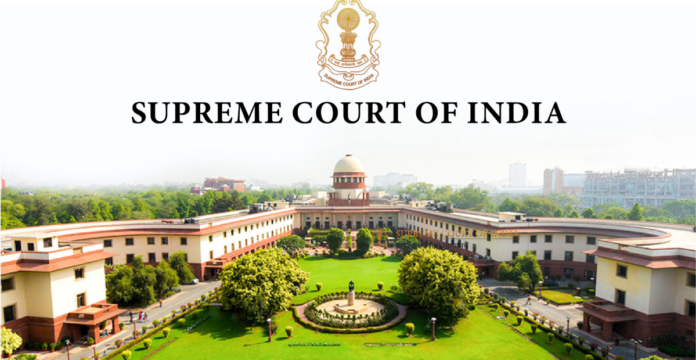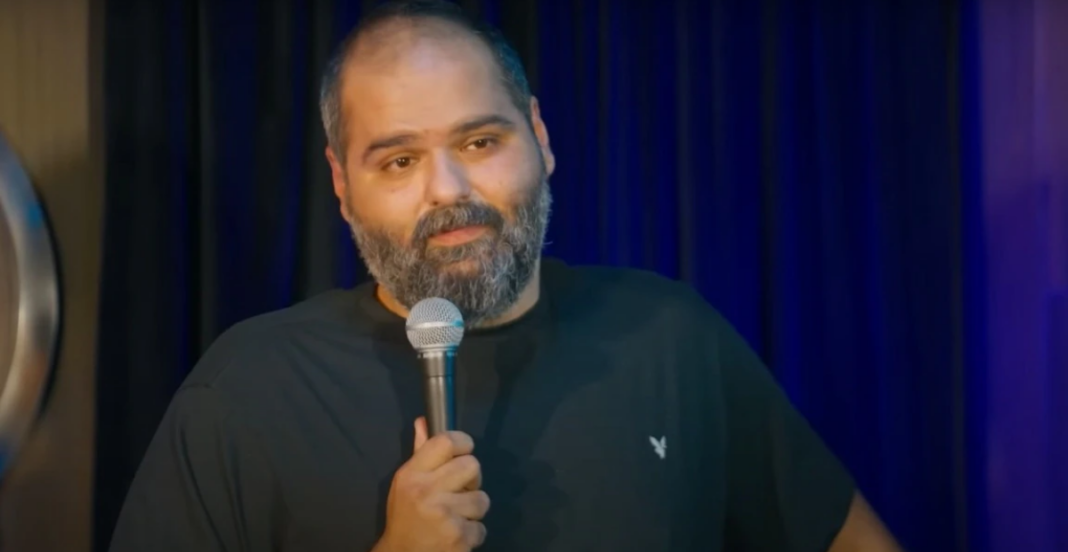New Delhi, March 24, 2025 – In a landmark move to tackle the rising tide of student suicides in educational institutions across India, the Supreme Court has constituted a National Task Force to probe the issue and recommend measures to safeguard students’ mental health. This decision, announced on Monday, comes amid growing concerns over a “disturbing pattern” of suicides reported from prestigious institutes, including IITs, NITs, and other higher education campuses.
A Growing Crisis Under Scrutiny
The apex court, led by Justices JB Pardiwala and R Mahadevan, highlighted multiple incidents that underscore the urgency of the situation. Among the cases cited were the suicide of a law student at Gujarat National Law University in March 2025, an IIT Patna student’s death in February 2025, and similar tragedies at KIIT Odisha and in Wayanad, Kerala, reportedly linked to harassment. “These incidents could be just a few among many that go unreported,” the bench noted, emphasizing the need for a systemic response.
The court also ordered a police investigation into the deaths of two IIT Delhi students from the Scheduled Caste (SC) and Scheduled Tribe (ST) communities in 2023. The directive mandates the Deputy Commissioner of Police (South-West District, New Delhi) to register First Information Reports (FIRs) based on complaints from the students’ families and appoint an officer not below the rank of Assistant Commissioner of Police to conduct the probe.
Task Force: A Beacon of Hope
The 10-member National Task Force, chaired by former Supreme Court judge Justice S Ravindra Bhat, includes representatives from key central ministries such as Education, Social Welfare, Women and Child Development, and Law and Justice. Its mandate is clear: identify the root causes of student suicides, review existing laws and institutional mechanisms, and propose actionable solutions to prevent such tragedies.
The court’s order also requires all states and union territories to nominate a high-ranking officer—not below the rank of Joint Secretary in the Department of Higher Education—as a nodal officer to coordinate with the task force. This step ensures a collaborative approach between the judiciary, government, and educational institutions.
Why This Matters
Data from trusted sources paints a grim picture. According to a Hindustan Times report, 98 students died by suicide in higher educational institutions between 2018 and 2023, with 39 from IITs alone. The National Crime Records Bureau (NCRB) reported 13,044 student suicides in 2022, a 64% increase over a decade (2013–2022), outpacing both the national suicide trend and population growth, as per The Hindu. States like Maharashtra, Tamil Nadu, and Madhya Pradesh account for a third of these cases, while coaching hubs like Kota remain notorious for student distress.
Experts attribute this crisis to multiple factors: academic pressure, social isolation, caste-based discrimination, ragging, and inadequate mental health support. “The responsibility of safeguarding students’ mental and physical well-being rests with institutional administrations,” the Supreme Court bench remarked, urging prompt action like lodging FIRs in cases of campus suicides.
Voices from the Ground
The parents of the two IIT Delhi students had sought justice through a plea for FIRs and an impartial probe into alleged caste-based atrocities. While the Delhi High Court had earlier rejected their plea citing insufficient evidence, the Supreme Court’s intervention marks a significant shift, prioritizing student welfare over bureaucratic delays.
Mental health advocates have welcomed the move. “This task force could be a game-changer if it addresses systemic issues like academic stress and institutional accountability,” said a senior psychologist quoted by Times Now. The inclusion of ex-officio members from the government ensures that recommendations can translate into policy.
A Call for Change
The Supreme Court’s decisive action signals a broader call to rethink India’s educational ecosystem. Beyond investigations, the task force is expected to propose reforms—be it counseling infrastructure, anti-discrimination policies, or stress management programs—to create safer, more supportive campuses.
As the nation watches, the task force’s findings could redefine how India nurtures its youth, ensuring that education becomes a stepping stone to success, not a trigger for despair. For now, the spotlight is on Justice Bhat and his team to deliver solutions that resonate across classrooms and hostels nationwide.




